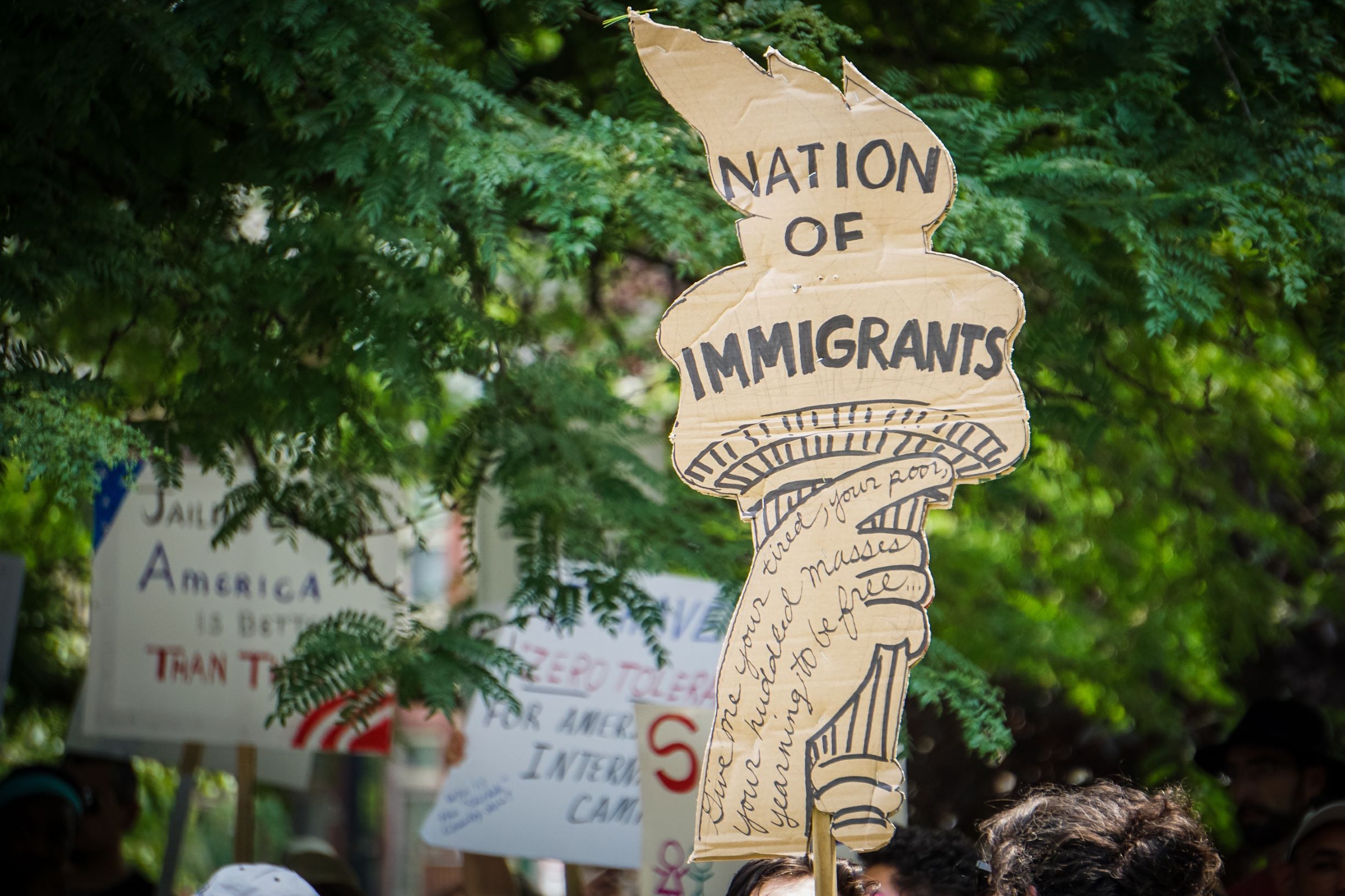 This line of research focuses on adolescents’, primarily of Latina/o/x descent, communication with parents and friends about substance use (e.g., alcohol, tobacco, and marijuana use). We draw from primary socialization theory, which suggests that through communication parents and friends shape adolescents’ norms regarding substance use and other risky behaviors. When we first began studying substance-use communication over 10 years ago, research primarily treated substance-use communication as a unidimensional factor (e.g., only measuring frequent or open communication or combining different topics to form one variable), or they mainly considered substance-use communication with parents, but not with friends. Our work on substance-use communication is noteworthy because it: (1) identifies different types of anti- and pro-substance-use messages that early adolescents exchange with parents and friends, thereby adding greater specificity to primary socialization theory, (2) determines how each type of message uniquely predicts early adolescents’ substance-use beliefs and behaviors, (3) examines how different types of messages interact with each other (attenuate or amplify each other’s associations), (4) considers how parents and friends simultaneously socialize early adolescents about substance use, and (5) investigates cultural influences on substance-use communication and its effects.
This line of research focuses on adolescents’, primarily of Latina/o/x descent, communication with parents and friends about substance use (e.g., alcohol, tobacco, and marijuana use). We draw from primary socialization theory, which suggests that through communication parents and friends shape adolescents’ norms regarding substance use and other risky behaviors. When we first began studying substance-use communication over 10 years ago, research primarily treated substance-use communication as a unidimensional factor (e.g., only measuring frequent or open communication or combining different topics to form one variable), or they mainly considered substance-use communication with parents, but not with friends. Our work on substance-use communication is noteworthy because it: (1) identifies different types of anti- and pro-substance-use messages that early adolescents exchange with parents and friends, thereby adding greater specificity to primary socialization theory, (2) determines how each type of message uniquely predicts early adolescents’ substance-use beliefs and behaviors, (3) examines how different types of messages interact with each other (attenuate or amplify each other’s associations), (4) considers how parents and friends simultaneously socialize early adolescents about substance use, and (5) investigates cultural influences on substance-use communication and its effects.

